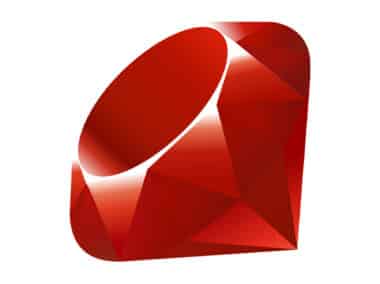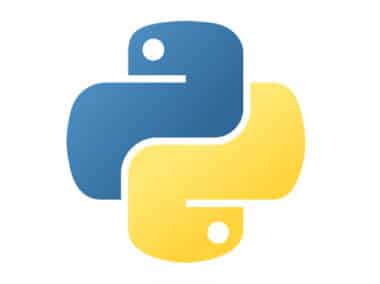Functions are an essential part of any programming language, including Ruby. In Ruby, a function is defined using the def keyword, which is followed by the function name and its parameters. Ruby functions can take any number of parameters, even none, and this makes them highly flexible. This flexibility makes it possible to define a function that can be used in a variety of ways, depending on the needs of the program.
Here is an example of how to define and call a function in Ruby:
def greet(name)
puts "Hello, #{name}!"
end
In this example, we define a function called greet that takes one parameter, name. The function then prints out a greeting to the console, using the provided name. To call this function, we use its name and pass in the required parameter:
greet("John")
This will output Hello, John! to the console.
Functions in Ruby can also return values using the return keyword. Here is an example:
def add_numbers(a, b)
return a + b
end
This function, add_numbers, takes two parameters, a and b, and returns their sum. To call the function and use its return value, we can assign the result to a variable:
result = add_numbers(5, 3)
puts result # Outputs 8
In this example, we define a function called add_numbers that takes two parameters, a and b. The function returns the sum of these two numbers, which is then assigned to a variable called result. The value of result is then printed to the console, which outputs the value 8.
We can also chain function calls together, passing the result of one function as an argument to another. Here is an example:
def square(number)
return number ** 2
end
def double(number)
return number * 2
end
result = double(square(3))
puts result # Outputs 18
In this example, we define two functions, square and double. The square function takes one parameter, number, and returns its square. The double function takes one parameter, number, and returns its double. We then chain the two functions together, passing the result of square(3) as an argument to double function. This results in the value 18, which is then assigned to a variable called result. The value of result is then printed to the console, which outputs the value 18.
In conclusion, functions are an essential part of any programming language, and Ruby is no exception. They allow us to organize code into reusable blocks, making it easier to read and maintain. Ruby functions are highly flexible, and they can take any number of parameters or even no parameters at all. They can also return values, making it possible to use the result of a function in another part of the program. The chaining of functions together is also possible, making it possible to create complex calculations easily.




